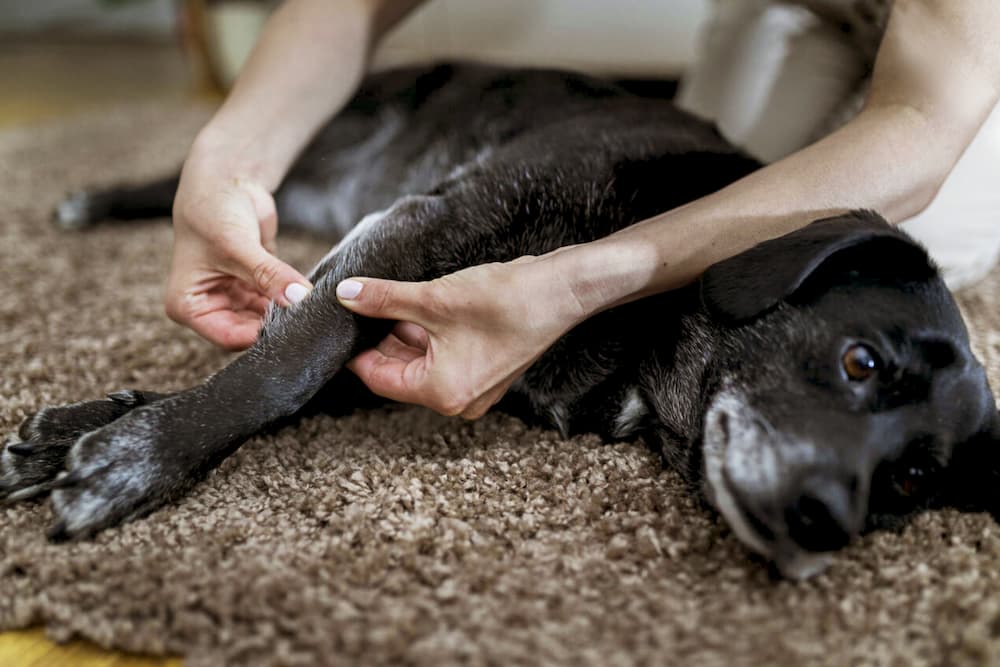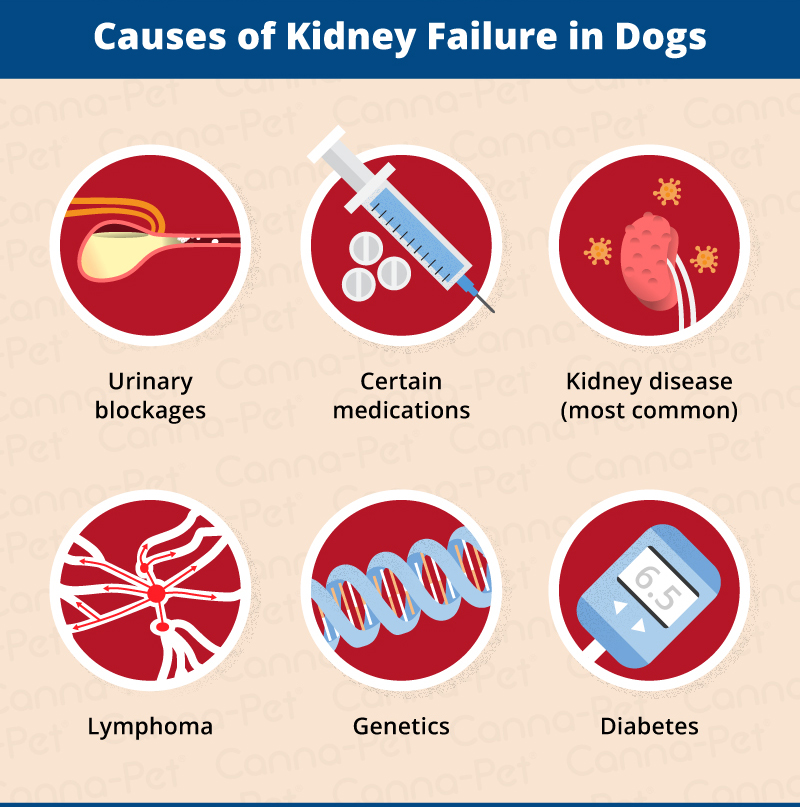Good Reasons To Picking Pet Wellbeing
Wiki Article
How Can Joint Health Be Improved In Cats And Dogs By Glucosamine?
Glucosamine and Chondroitin are popular supplements that can help maintain and improve joint health in both cats and dogs. What are the benefits of these supplements and how do they work?
Glucosamine
Cartilage Regeneration and Formation:
The function of glucosamine is to repair cartilage by stimulating the production of glycosaminoglycans as well as proteoglycans, which are key components in cartilage. It promotes cartilage repair through stimulating glycosaminoglycans.
Benefits : It can help slow the degeneration of cartilage, reducing pain and enhancing the function of joints.
Anti-inflammatory Effects:
Function: Glucosamine has anti-inflammatory properties which help reduce inflammation of joints.
Benefits: Less swelling and pain may be experienced in joints. Pets will be easier to move.
Chondroitin
Cartilage Breakdown Inhibition
Function: Chondroitinsulfate which is another component of the cartilage serves a similar purpose. It works by preventing the cartilage-related enzymes that cause degradation from doing so.
Benefits Chondroitin helps to prevent the degradation of cartilage. This aids in maintaining the strength of joints and slow down joint diseases.
Joint Lubrication:
Function: Chondroitin attracts and retains water in cartilage. It is crucial to ensure flexibility and elasticity.
Benefits: It increases the lubrication of joints, which makes moving easier and less painful.
Combined Benefits
Synergistic Effect: When used together, Glucosamine and Chondroitin can create a synergistic effect and enhance each other's advantages. The combination could be more effective at reducing joint discomfort and improving mobility than either supplement alone.
Regular use can help maintain and prevent joint-related conditions, like osteoarthritis. This is the case for pets and canines. They are especially helpful for older pets, or pets with joint problems.
Use Aspects
Dosage and Administration: The dosage can be adjusted according to the health of your pet, its weight or size. Always adhere to the advice of your vet or the directions on the package.
Side Effects: While the majority of pets do not suffer any side effects, some may have stomach issues that are mild. It is important to keep an eye on your pet's reactions, specifically when they are first introduced to the supplement.
Conclusion
Glucosamine & Chondroitin are a couple of substances that can assist in maintaining the health of joints in both cats and dogs. They assist in the maintenance of cartilage as well as reduce swelling. They also help improve joint lubrication and reduce the development of joint disease. Have a look at the top rated dog skin allergy treatment tips for website advice including pet urinary tract supplements, pet prebiotics australia, mcdowells herbal, pet supplements for pets with hair loss, natural dog supplements, pet supplements for pets with car anxiety, pet supplements for pets with skin wounds, pet anxiety relief and more.

Coconut Oil Helps With Allergies In Dogs And Cats.
Coconut oil is a moisturizing ingredient as well as healing and anti-inflammatory, could help pets with skin allergies. Coconut oil is a great remedy for pets with allergies to the skin.
Moisturizing Properties
Skin Hydration
Coconut oil is a fantastic moisturizing agent that can penetrate the skin quickly.
Benefits: Hydrates dry and flaky skin. It relieves itchiness, and promotes a healthier barrier on the skin. It's especially beneficial for pets with allergies with dermatitis. These conditions can cause dry and itchy paws.
Anti-inflammatory Effects
Inflammation Reduction:
Coconut oil contains lauric, an anti-inflammatory compound.
Benefits Coconut oil applied to inflamed areas can help reduce swelling, redness and discomfort that is associated with skin allergies. This can provide an important relief for pets who suffer from allergic reactions.
Antimicrobial activity
Fighting Infections
Function: Coconut oil has antimicrobial properties like caprylic and lauric acids, which aid in fighting bacteria and viruses, fungi and other microorganisms.
Coconut oil prevents or treats secondary skin infections that are caused by itchiness, allergies and irritation. This improves overall health of the skin by preventing any further problems.
Relaxation and healing
Promoting Healing
Coconut oil promotes the natural healing process for the skin.
Benefits: It assists to treat minor cuts and bruises, abrasions, or hot spots that can result from over-scratching. This can speed up the healing time of the skin damaged due to allergies.
Barrier Protection
Enhancing Skin Barrier:
Coconut oil helps to strengthen the skin's natural barrier.
Benefits: A thick skin barrier provides protection from allergens as well as other environmental irritating substances. This lowers the risk of skin infections.
Dietary Supplements
Internal Benefits
Use: Coconut oil can also be given orally as a nutritional supplement.
Benefits: It assists in helping to keep skin health intact from the inside. Its antimicrobial qualities and anti-inflammatory properties can assist to lower the severity of inflammatory reactions and boost the immunity of animals. This may lead to a reduction in the severity and frequency of skin allergies.
Use and Considerations
Topical application: Apply small amounts of coconut oil directly to the areas that are affected on the skin. Massage gently to absorb it. Repeat this process once or twice daily based on severity.
Coconut oil that is added to the pet's diet is a natural supplement that can be taken orally. The dosage for pets is typically 1 teaspoon of coconut oil for every 10 lbs.
Coconut Oil Quality: Choose organic, virgin coconut oil that is free of preservatives, additives and other ingredients.
Be on the lookout for reactions. Coconut oil is generally considered to be safe for pets, make aware of any reactions.
You can also read our conclusion.
Coconut oil can provide an all-natural remedy for allergies to the skin that affect pets and humans. The moisturizing healing, antimicrobial, antioxidant and antimicrobial properties of coconut oil can soothe skin and ease itching. It also helps to promote healthy skin. Regularly applying coconut oil to pets' skin can help to reduce the symptoms of allergic reactions. View the most popular dog skin allergy treatment recommendations for website advice including natural pet supplements, pet immune support, pet hyaluronic acid supplements, pet supplements for pets with skin infections, pet ginkgo biloba supplements, pet supplements for pets with fear of mirrors, pet joint care supplements, pet chamomile supplements and more.

Apple Cider Vinegar Helps With Yeast Infections For Cats And Dogs.
ACV is frequently suggested by vets as a natural cure to treat yeast-related infections. ACV could be beneficial however it is essential to apply ACV under veterinary supervision and with caution due to the acidity of ACV and possible side effects. ACV could help in treating yeast infections.
Antifungal Properties
Acidic Environment
ACV has a pH of 2.5 and 3, which is considered acidic. The acidic environment may create an inhospitable environment for yeast growth.
Benefits The application of dilute ACV topically or adding it to the pet's bathwater may help decrease the growth of yeast on the skin and the ears.
Skin pH Regulator
Balancing Skin pH:
ACV helps to regulate pH levels in the skin. This will support an epidermis that is healthy and prevent yeast.
Benefits: Maintaining the pH balance of the skin is a great way to avoid yeast infections and to maintain overall health of the skin.
Anti-inflammatory Action
Reduce inflammation
ACV's anti-inflammatory properties, mild and gentle, is its primary function.
Benefits Reduce inflammation and ease symptoms such as itching, redness and discomfort caused by yeast infections.
Support for Digestive Health
Internal Use
ACV can improve digestion, and help balance gut bacteria when ingested.
Benefits of a healthier gut environment: By supporting the immune system and maintaining microbial equilibrium A healthier gut environment can indirectly limit the overgrowth of yeast.
Usage and factors
Topical Application - Dilute ACV (typically 1 part ACV for every 2 parts water) with water and use as a spray, rinse, or ointment on affected areas. It is best to avoid applying it directly on open wounds, or sensitive skin.
Consult a vet before considering any internal use. ACV should be dilute in water (e.g. 1 teaspoon or 1 tablespoon per cup) and taken in smaller amounts.
If you use ACV topically, watch out for reactions to irritation or allergic reaction. Apply ACV only if adverse reactions are observed.
Consultation With Veterinarian: You should consult with your veterinarian prior to using ACV on pets with yeast infections. They will be able to provide you with advice on the proper dilution and application methods for your pet and the possible risks.
We also have a conclusion.
Although apple cider may be helpful in the treatment of yeast infections in dogs and cats, it should be handled with care under the supervision of a veterinarian. ACV might possess mild anti-inflammatory and antifungal effects due to the acidity of its nature. It is essential to dilute ACV properly and apply it with care to avoid irritations or other adverse reactions. ACV is recommended to use in conjunction with a comprehensive treatment plan for yeast infections. See the top rated natural dog company url for more recommendations including pet joint supplements, pet supplements for pets with fleas and ticks, pet supplements for pets with fear of sirens and horns, cushings disease natural treatment, pet supplements for pets with fear of sirens and horns, yeast infections in dogs, australian-made pet products, pet liver supplements and more.
